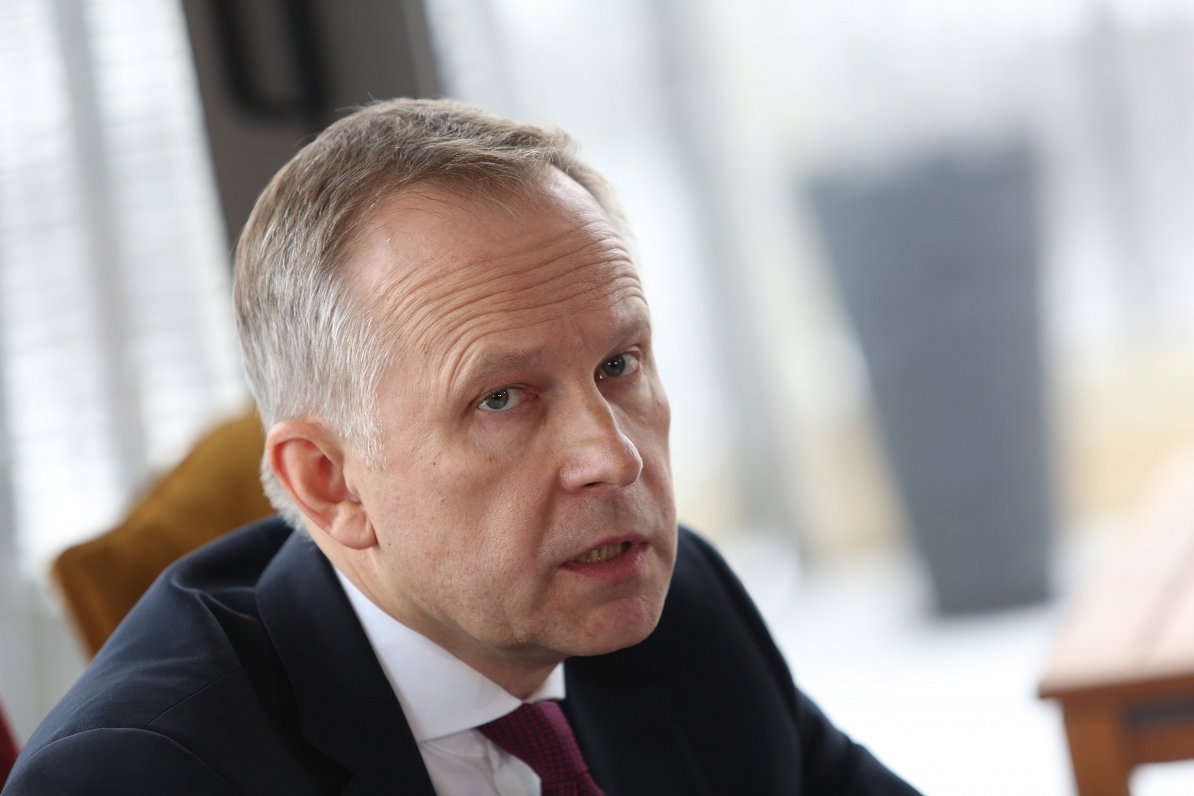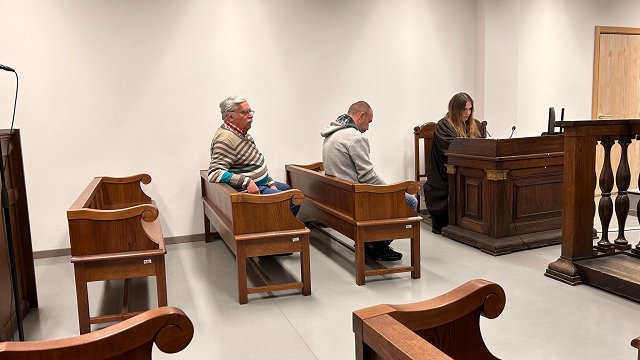KNAB believes that Rimšēvičs met with ABLV bank owner Ernests Bernis several years ago and proposed he use specific lobbyists to represent his interests abroad, but Bernis refused and hired his own lobbyists. He perceived Rimšēvičs' offer as a request for a bribe or kickback. KNAB believes that Rimsevics then provided false information to U.S. authorities about the ABLV Bank as revenge, LETA reports.
Using this information provided by Rimšēvičs, the U.S. Financial Crimes Enforcement Network (FinCEN) of the U.S. Department of Treasury released a report about ABLV Bank, blaming it for institutionalized money laundering and bribery activities. Taking into account that the bank was forced to shut down after the release of the report, KNAB believes these were very serious consequences, according to the media reports.
LETA claimed it had also established that FinCEN's report about ABLV Bank included false information provided by Rimšēvičs.
In summer Rimšēvičs was charged with soliciting bribes from shareholders of Trasta komercbanka, a bank with such a poor record on money-laundering related failures it was shut down by the European Central Bank and Latvian financial regulator FKTK. Entrepreneur Maris Martinsons is accused alongside Rimšēvičs. Both deny the charges.
KNAB itself has not made any public statement on the assertions. However, if they prove to be accurate the ramifications could be far-reaching, raising obvious questions of personal and corporate liability for the collapse of ABLV bank, for a start.
But a situation in which a central bank governor would knowingly provide false information to U.S. law enforcement would normally beggar belief. The ultimate truth or otherwise of the fresh allegations against Rimšēvičs, who has consistently denied guilt relating to all charges against him up to the present point, will likely only be established in legal proceedings which could take many years.



























